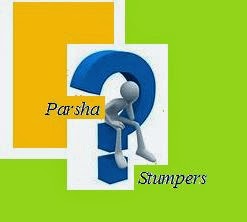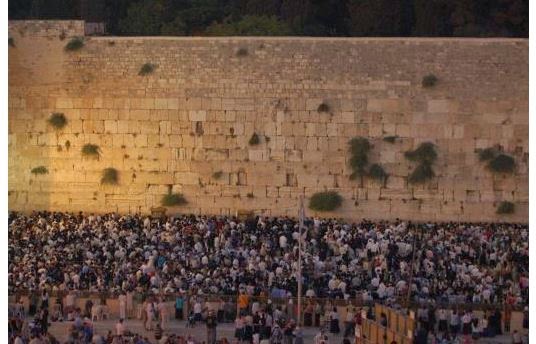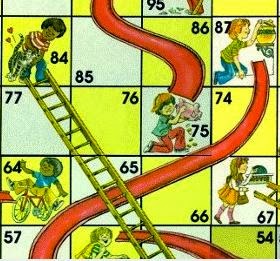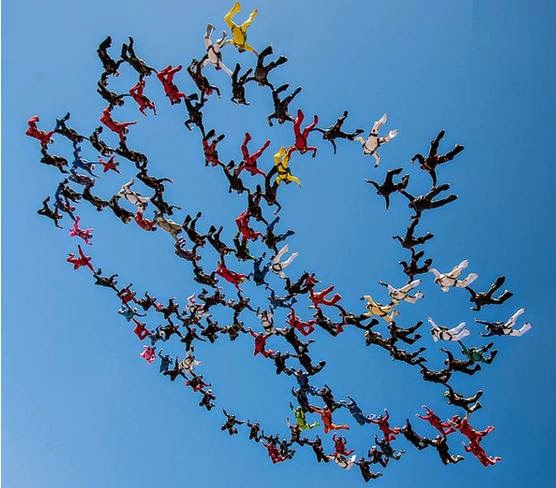Rosh Hashanah - Stumpers

ראש השנה Rosh Hashanah Stumpers and Something to Think About… We know that a person's parnasah is fixed on Rosh Hashanah. Which three expenses are not included in this equation? Why is it that two days of Rosh Hashanah are kept even in Eretz Yisroel , whereas other yomim tovim are celebrated there for only one day? At the end of every slichos in the Tefillah of Mi She'anah we say, “ Mi she'anah l'avraham avinu b'har ha'moriyah hu ya'a'nei'nu ” - "He Who answered Avraham our father on Har HaMoriyah, may He answer us.” What, though, was Avraham's tefillah on Har HaMoriah ? Why are we allowed to eat honey? Usually, if an animal/creature is not kosher, then its products are not either kosher. A bee is not kosher, so why is its' honey? Why do we eat the apple before the other simanim which include some which are of the shivas ha’minim?a



